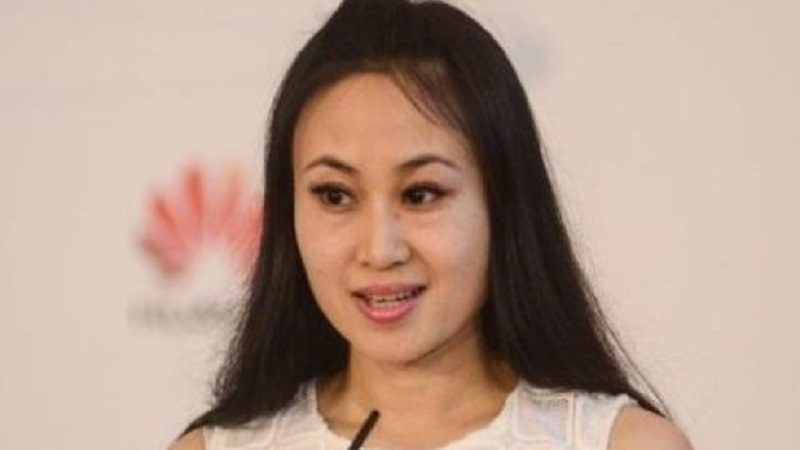New Zealand is the latest in a list of countries rejecting Huawei as a service provider over national security concerns at the same time as Malta has announced it is working with the telecommunications giant to install CCTV cameras with “advanced video surveillance” in Maltese localities.
In October, Prime Minister Joseph Muscat announced that facial recognition technology was to be introduced in the country using Huawei technology, even as the Chinese company was being booted out of countries such as Australia and the US, as well as New Zealand.
In 2015, Muscat had heaped praise on Sai Mizzi – the wife of Tourism Minister Konrad Mizzi – for attracting the company to Malta, after she had been receiving a monthly salary of €13,000 that was harshly criticised for being excessive, particularly due to the lack of results.
Sai Mizzi had announced to the Maltese public that she should be judged based on what she did for the country – “Judge me by my results and not by what people say. Judge me by what I do for you”.
Following the onslaught of criticism, Muscat had announced the Huawei deal on 5G, although not much was heard since until the Prime Minister’s announcement that the company would then be involved in introducing facial recognition technology in the country.
The announcement has since been withdrawn, with the Head of MFSA Joseph Cuschieri saying that instead Huawei’s advanced video surveillance would be deployed – this would still need clearance from data and privacy controllers at national and EU level.
Sai Mizzi’s husband is currently at the centre of corruption allegations related to 17 Black – the company that was to pay €150,000 per month to Mizzi’s company in Panama, as well as that of the Prime Minister’s chief of Staff Keith Schembri, according to leaked emails authored by Nexia BT.
Assassinated journalist Daphne Caruana Galizia had reported the heavy involvement of MFSA chief Cuschieri, son in-law of then foreign minister George Vella, in concluding the deal.
Huawei was founded by a former engineer, Ren Zhengfei, in communist China’s People’s Liberation Army, and there are strong concerns on his possible ties to the Chinese government and military.
Huawei is positioning itself to be a potential worldwide leader in 5G and it has been striving to build networks in various countries.
After the US and Australia blocked the company on national security grounds, New Zealand this week became the latest country to take action against Huawei, blocking one of its biggest telecommunications operators from using Huawei’s 5G equipment.
The UK and Germany are also growing increasingly wary of allowing Huawei to install 5G equipment in their countries, according to The Financial Times.
A report overseen by the GCHQ intelligence agency said the Chinese company’s technology had shortcomings which posed “new risks in UK telecommunications networks”.
US intelligence agencies – including the CIA, FBI, and NSA – have all spoken out against Huawei since the company was banned from bidding for government contracts in 2014, after being flagged as a national security threat in a congressional report two years earlier.
The main US concern over Huawei equipment is that the company’s ties to the Chinese government could enable snooping or interference. Huawei has strongly denied such charges.
The US is also worried about the potential application of China’s National Intelligence Law, approved in 2017, which states that Chinese “organisations and citizens shall . . . support, co-operate with and collaborate in national intelligence work”.
US officials believe that this could mean that Chinese companies overseas could be called upon to engage in espionage. This was also the key factor in the Australian government’s prohibition of Huawei’s laying down a 5G network in the country.
This brings to question Malta’s eagerness to embrace Huawei and its willingness to showcase its technology.













